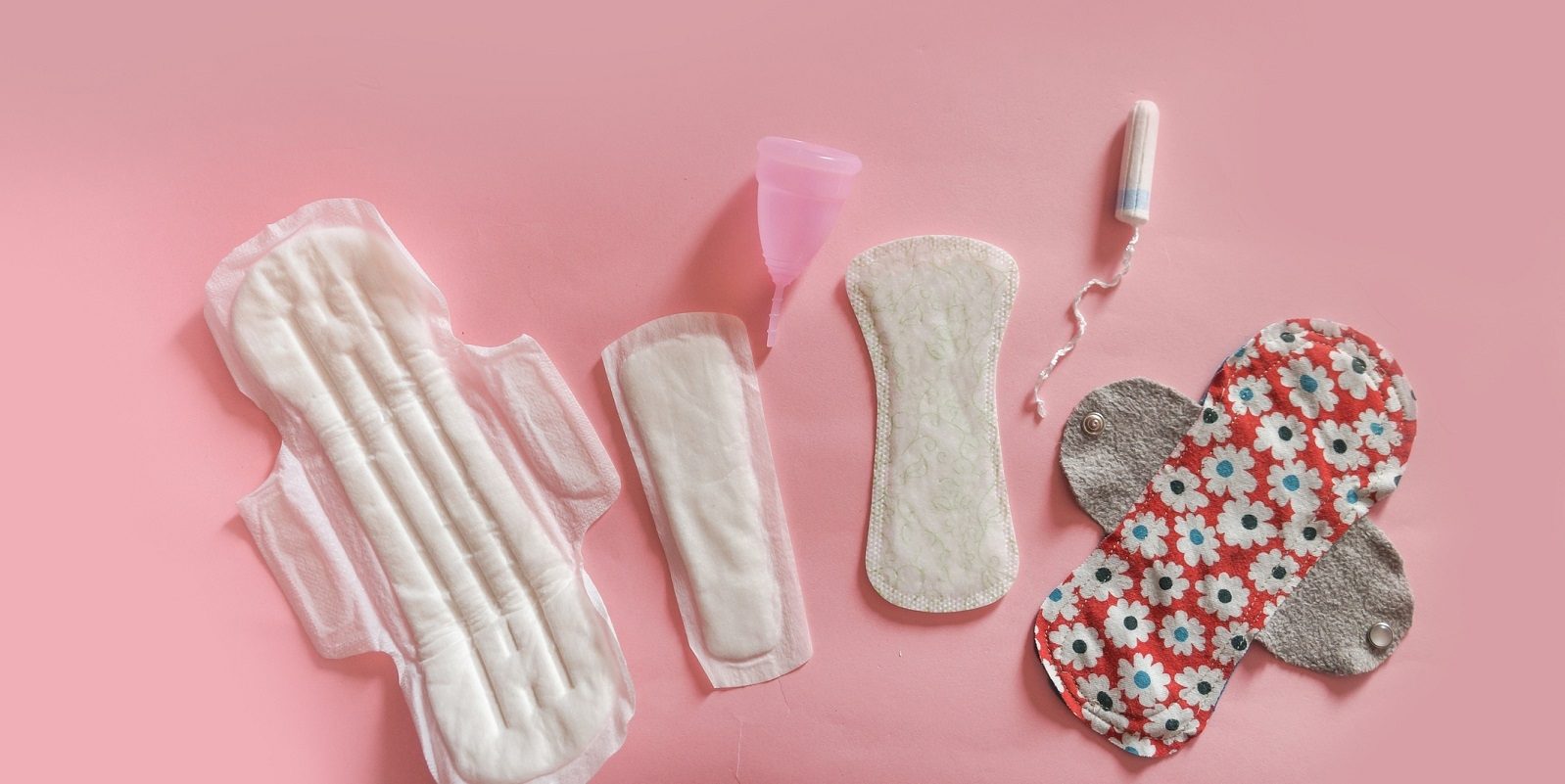
Perspectives, practices, and environmental footprints related to menstrual hygiene among girls and women in India – a pilot study [PEnMen-pilot]
Background:
Menstrual hygiene management (MHM) is a generally under-researched area in India, although vital to the promotion of women’s health. Although there has been, particularly in recent years, some attention given to the provision of affordable menstrual absorbents, practices of treatment and disposal of the used absorbents have not received adequate attention from policymakers, and implementers, and pose ever-growing challenges to environmental sustainability and the personal health, well-being, and functioning of girls and women, with implications for the accomplishment of several SDGs.
Aim:
(i) to understand community perspectives, preferences and behavioural control related to treatment and disposal of menstrual absorbents, and the associations that women and girls make between menstrual hygiene practices and personal and environmental health; and
(ii) to estimate the environmental footprints of the menstrual hygiene management practices that come up in the data-collection
Research Methodology:
The research team used a qualitative and exploratory approach to familiarise themselves with prevalent menstrual hygiene practices, and estimate their environmental footprints. They conducted key informant interviews, and in-depth interviews and focus group discussions, and took and collected photographs relevant to participants’ menstrual hygiene management. Environmental scientists estimated the carbon dioxide equivalents and water consumed in the procurement of raw material, manufacture, use, and disposal of Menstrual Hygiene Management options.
Current Status:
Data collection completed. Data-cleaning and analysis underway. Environmental impact report under development.
Potential Impact:
This work will contribute to knowledge of perspectives and real world practices, environmental (infrastructural, social and policy) support available, and unmet needs in a range of residential settings in urban, periurban, rural and tribal areas in the vicinity of the city of Hyderabad, India. It will highlight lacunae to be addressed, and potential strategies to be employed in promoting the health and well-being of girls and women, in an environment-sensitive, sustainable manner.
It will provide pilot findings for proposals for funding for projects expanded in scope to interventions and evaluations.




